By Francesca Ezra Casimiro (UC Berkeley)
On embracing shyness and finding your courage
I was always the type of person who was reserved and quiet. I waited for people to approach me first and desperately searched for the one person I knew in every room I walked into. I thought I’d be able to change in the first two years of college, but these plans were ruined by the pandemic, which only worsened my introversion.
Confined to my childhood bedroom, I dreamed of traveling abroad.
As a low-income commuter student, I believed that studying abroad was impossible and worried about the financial burden it might place on me. I was also concerned about falling behind on my academic progress since my scholarship was only promised for eight semesters. However, I found out that going abroad during the typical academic year would allow my financial aid and scholarships to be applied just like any semester at home. So, I took the leap and applied.
Motivated by academic papers I’d written in the past, I applied to study at Yonsei University in Seoul, South Korea. I was interested in the institution and faculty, as well as the opportunity to learn a new language. I also applied for the fall to study abroad in London, so I ended up taking two programs for a full academic year abroad.
Looking back now, I see that I changed in so many ways—not the least of which was embracing my shyness. Through study abroad, I was able to meet personal goals, speed up my academic and career progress, connect with my heritage, and even develop plans for my future. Here’s my study abroad story with some handy tips for anyone who might be shy like me.
Feeling Small
It’s easy for an introvert to feel small, and being in an unfamiliar country with a language barrier can make you feel even smaller. As a person with social anxiety, I struggled with ordering food or asking for help even in America, so my anxiety was magnified doing those simple tasks in Seoul.
I traveled alone and arrived a week before my program’s official start date due to my apprehension about arriving. I spent the first few days wandering aimlessly around Yeouido Han River Park and relied on convenience store kimbap (a popular local food of cooked rice, vegetables, and dried seaweed, or kim) to keep me full.
Later, I meet another UCEAP student who also arrived early, and after discovering common interests we made plans to explore Seoul together. The day we met was my first time truly feeling immersed in the Seoul lifestyle. I enjoyed my first sit-down meal, was getting familiar with the subway system, and was practicing my Korean daily. I quickly realized that having a friend made things a little less scary and that amazing experiences awaited me if I could make some personal changes.
Tip #1: If your shyness inhibits you in any way, take time to reflect on what you struggle with the most. My shyness made it uncomfortable for me to interact with others and prevented me from having more experiences.
Making Friends
After moving into on-campus housing at the start of my program,I decided to face my fears about socializing and reminded myself that the stakes were low. We were all experiencing the same things, after all.
As students started to arrive at the international dorm, I was surrounded by new strangers who were eager to make friends. I made an effort to say a warm “hello” to people who lived on my floor and pushed myself to greet people in the elevator, even if it was as simple as meting them with a smile while my heart pounded in my chest.
After someone invited me to a quick Daiso run, I met many others and we all became acquainted with each other. Eventually, I met students in my classes, at my orientation sessions and welcome events too.
Tip #2: If you want to change, expand your comfort zone little by little. Start with low-pressure situations and set realistic goals for yourself. I started with what I was comfortable with and gradually pushed myself just a little beyond that point.
Embracing Shyness
Making friends and growing personally didn’t simply come from abandoning my shyness—it also involved embracing it. While I pushed my boundaries to meet others, I also found people who appreciated my shy, quiet side. Being shy has always meant I was a good observer and listener, and I noticed that I was naturally attuned to other peoples’ feelings. I was able to make friends who allowed me to be myself and helped me feel comfortable, and I was able to do the same for them. This led to healthy and long-lasting friendships.
With friends at my side, Seoul became less intimidating. I was able to visit historical sites, amusement parks, adorable cafés and even attend a fashion show during Seoul Fashion Week!
Tip #3: Being shy isn’t a flaw! It can sometimes appear as a weakness, but it is also a strength. I found friends who valued my qualities and didn’t judge me for being quiet and careful.
Keeping Up Academically
Over time, I slowly gained more confidence. My Korean improved, and I was more adjusted to Seoul. I felt more comfortable interacting with others, and it didn’t stop there. Studying abroad gave me the courage to achieve my academic goals.
It’s a common fear that you might miss out on opportunities while abroad and risk hindering your academics, but for me it was the opposite. I chose classes with great intent and did a lot of research on what courses I wanted to take before I left. I saved course syllabi and shared these with advisors to see if my classes could count toward my degree requirements. Toward the end of the semester, I also gathered the confidence to apply to a research opportunity with Stanford University (which I am still a part of as I write this).
If I hadn’t studied abroad, I would never have developed the courage to do these things that have propelled my progress in my academic and career life.
Tip #4: Careful planning can prevent falling behind on your degree progress. Be sure to research whether your classes abroad will satisfy your requirements and reach out to advisors early to discuss this further.
Enriching the Experience
After exploring Seoul, I wanted to visit other places with the friends I’d made. Together, we visited Nami Island, Busan, and Jeju Island and discovered new, delicious Korean specialties in each region. We saw traditional and modern architecture and experienced the concept of “Jeong” (warmth and caring) in interactions with locals.
Inspired by learning Korean culture, I yearned to connect with my own culture and decided to take a trip to the Philippines. I met family members I only knew through photographs and attended a concert with a cousin, where we saw one of our favorite Filipino artists. It was my first time in the Philippines and it was amazing to meet family, try local foods, and finally reconcile a part of my identity I struggled with my entire life. It was just the type of fruitful and memorable experience that is only possible through studying abroad.
Tip #5: There will be more than enough to explore in your host city, but I recommend exploring beyond if it’s within your capacity, because it can be extremely rewarding.
Taking it Forward
When I later studied in London, I carried all I had learned in Korea forward with me. I reminded myself that I could make friends, expand my horizons, and so much more – and I did!
While in London, I made friends from all over the world, who I still talk to regularly today. I even solo-traveled to Paris, France, and Edinburgh, Scotland, without feeling the same anxieties I felt when I first arrived in Korea. I also became interested in graduate programs in the UK, which has had a positive impact on my plans for my future.
Upon returning to Berkeley, I’m no longer anxious about social interactions and can overcome my fears in different situations.
Tip #6: Don’t wait for things to happen to you; actively seek out other opportunities for yourself abroad and when you return!
From one shy person to another—my time abroad is a small fraction of my life and it remains one of the most impactful. I recommend studying abroad because in doing so, you have the chance to transform, to embrace yourself, and to walk confidently into your unique future!
Learn more about friendships and studying abroad in Asia
- Read Waresa Hu’s advice on building friendships while studying abroad.
- Discover what happens when you go Seoul searching like Nico Shin.
- Check out some of the regional foods and flavors you can savor in Asia.
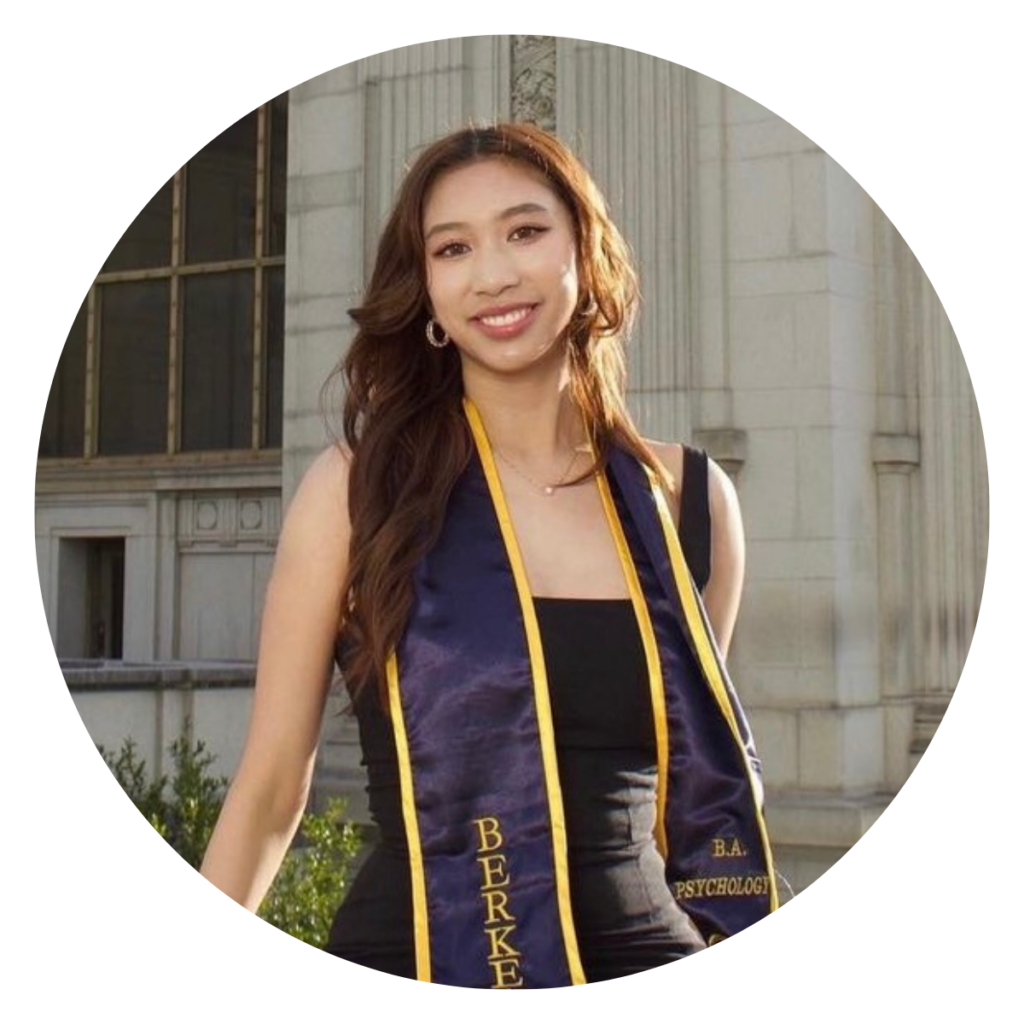

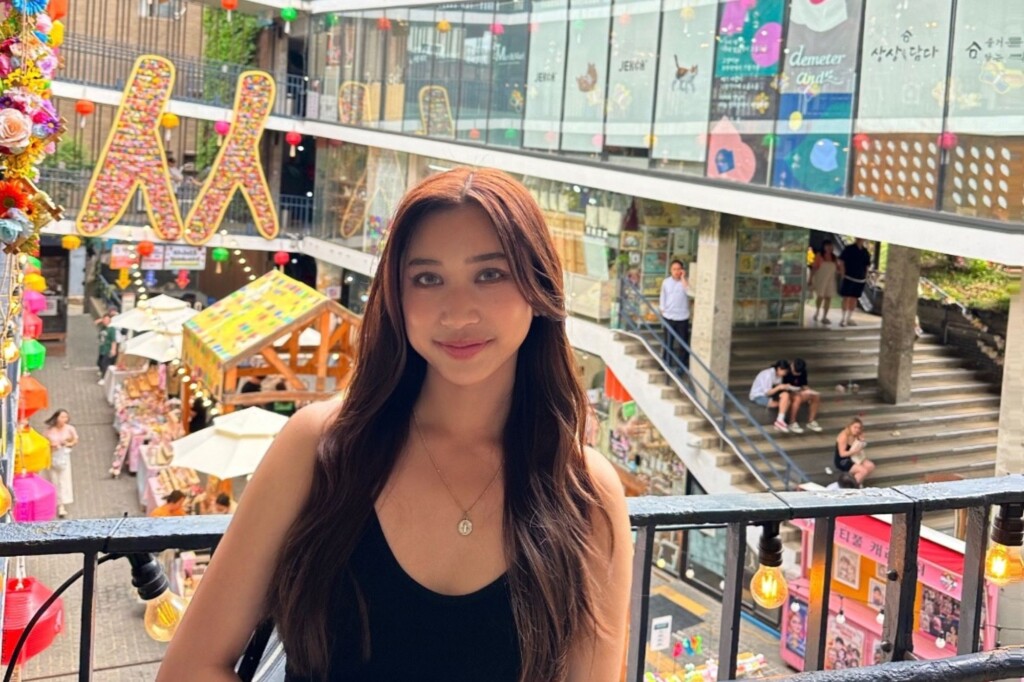
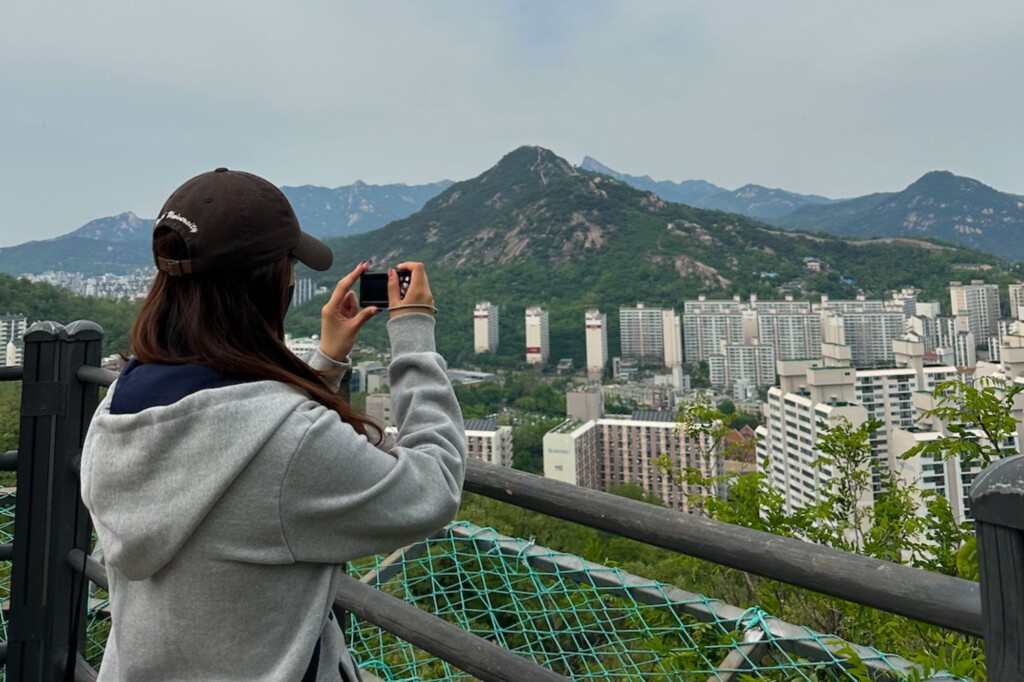
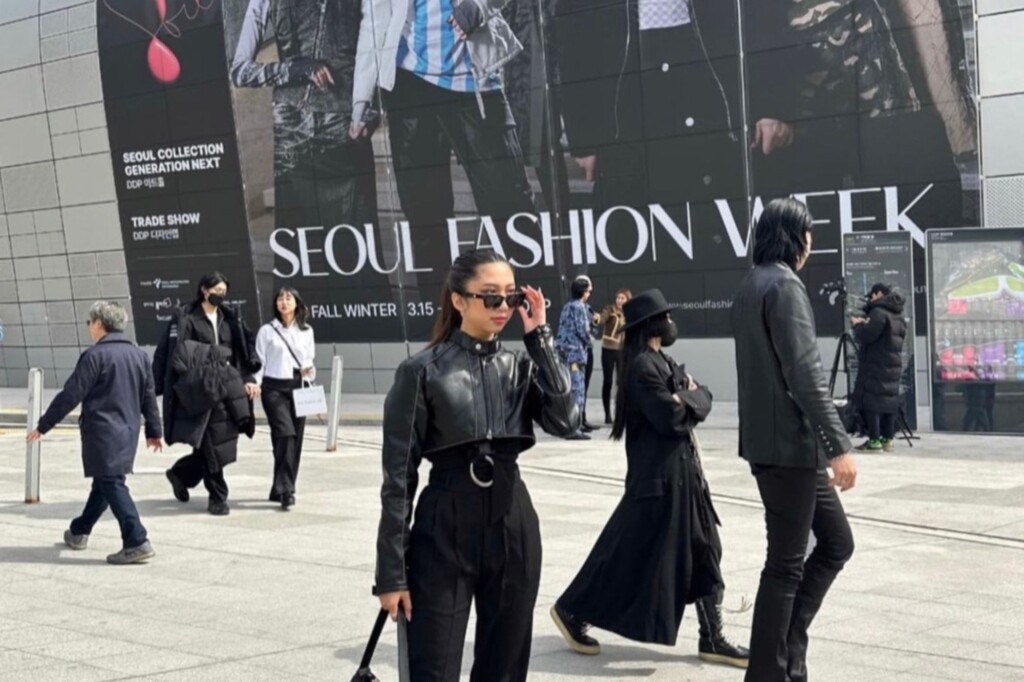
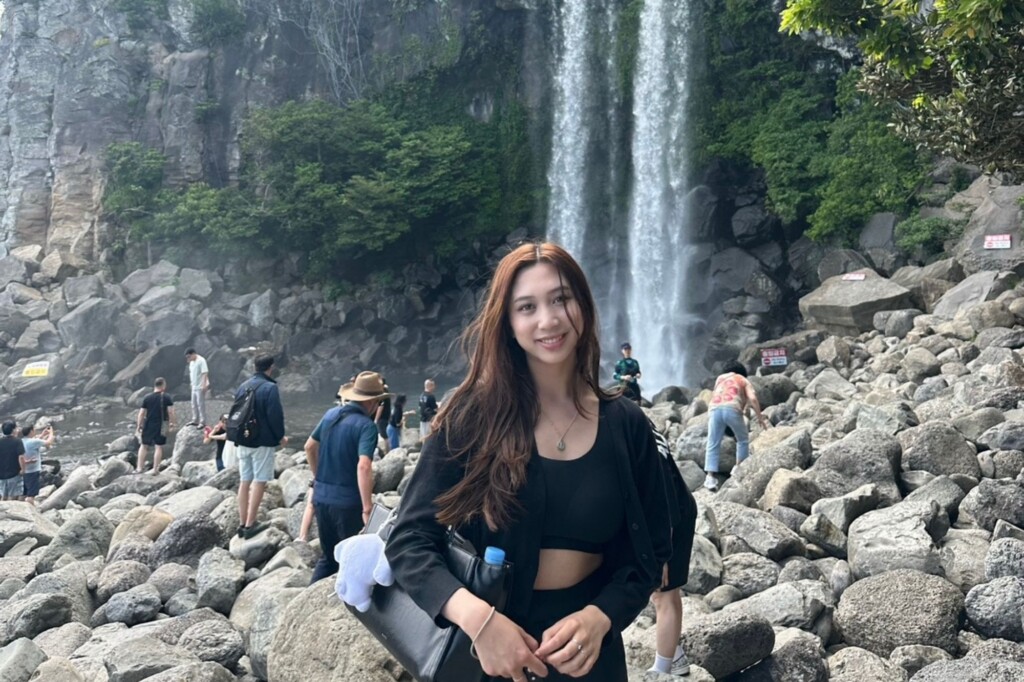
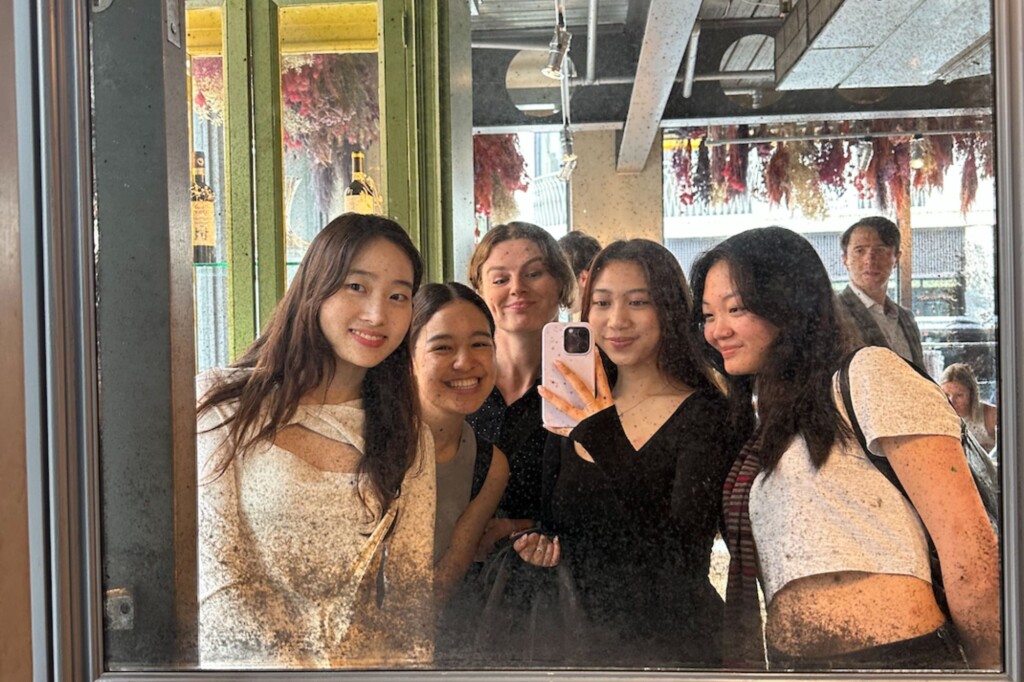
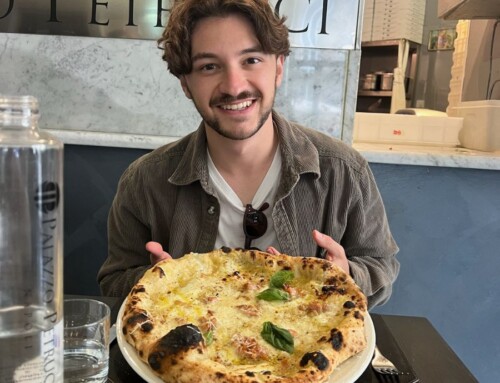

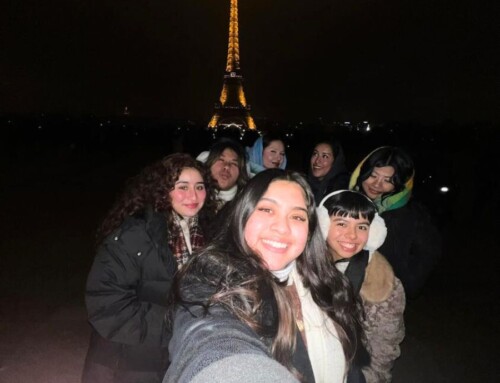
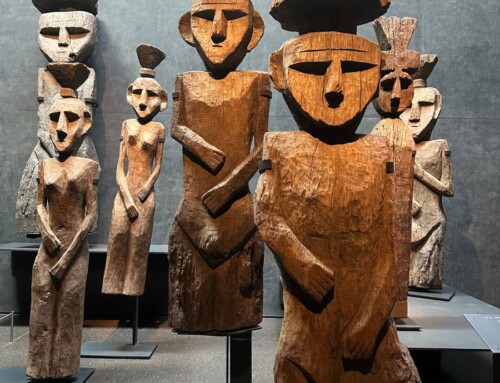
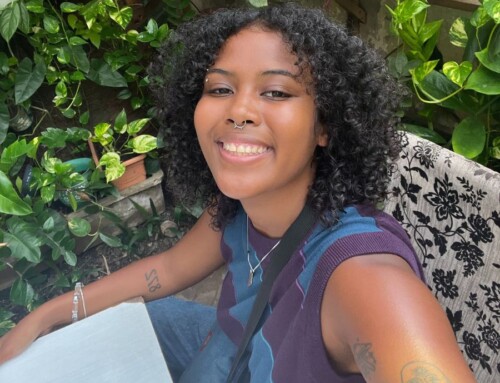

Leave A Comment